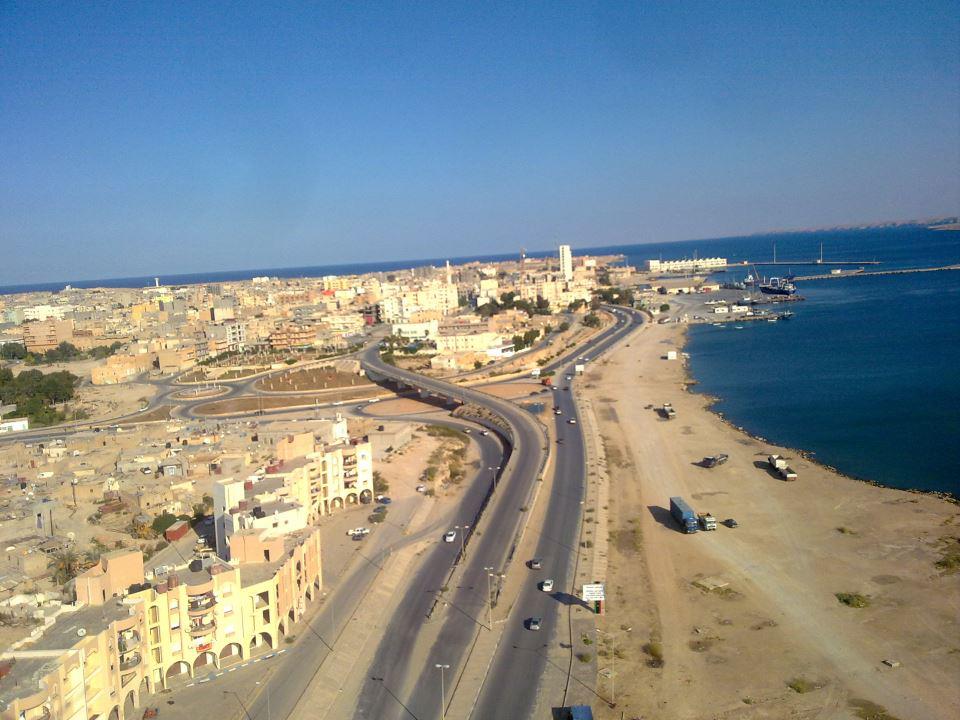The Tobruk-basesd government is to embark on a massive programme of infrastructure works, include the country’s largest deep water port, an airport, a railway running south along the Egyptian border to Sudan, 10,000 homes, a 300-bed hospital and a university.
Prime Minister Abdullah Al-Thinni told Al-Hadath that the $36-billion project will be built over a three-year period on a build, operate and transfer (BOT) basis, with transfer taking place after 20 years.
Investment would come from a consortium of Chinese investors, whom he did not name. An estimated 36,000 Chinese citizens were forced leave the country after the revolution in 2011, as the the projects they had been working on were halted.
Since then, Chinese constructors such as the China State Construction Engineering Corporation (CSCEC) have been seeking compensation for their losses; CSCEC agreed to resume work on a 20,000-unit housing project in Benghazi in return for being given an additional contract for the infrastructure, but the security situation halted operations.
According to the Libya Herald, the rail element of the scheme will be at least 1,000 kilometers long and will rely on the Sudanese agreeing to lay track to their border with Libya.
The development of the University of Tobruk was announced in July, and work has started on this scheme.













